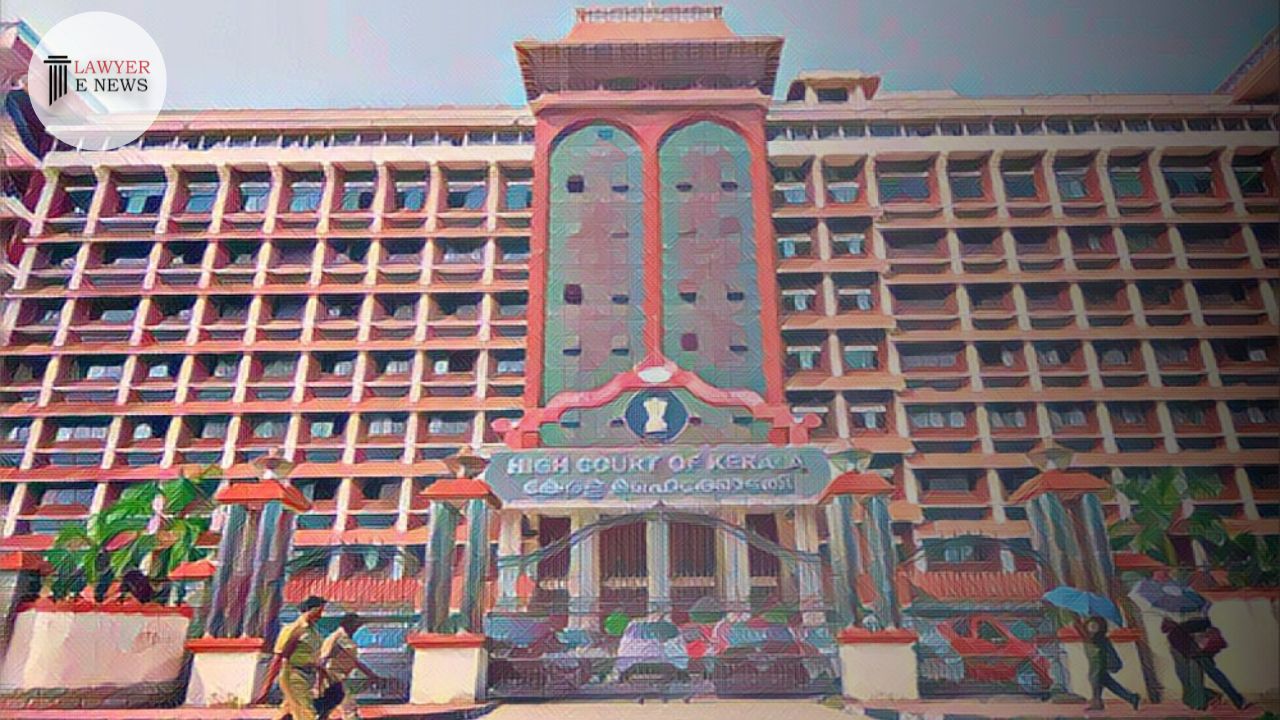-
by sayum
14 February 2026 2:22 PM



Justice C.S. Dias emphasizes the statutory entitlement to bail due to the prosecution’s failure to file charges within the stipulated 180 days.
The Kerala High Court has granted bail to Muhammed Thameem, the sixth accused in a significant narcotics case involving the possession of commercial quantities of MDMA and hashish. Justice C.S. Dias, in a detailed judgment, underscored the accused’s right to statutory bail under Section 167(2) of the Code of Criminal Procedure (Cr.P.C.) and Section 36A(4) of the Narcotic Drugs and Psychotropic Substances Act (NDPS Act), given that the prosecution failed to file a final report within the prescribed 180 days.
The case originated on January 19, 2023, when the first three accused were found in possession of 84.290 grams of MDMA and 18.070 grams of hashish. Following their arrest, further investigations led to the implication of additional individuals, including Muhammed Thameem, who was subsequently arrested and has been in judicial custody since January 3, 2024. Despite being in custody for over 190 days, the prosecution had not filed the final report, prompting the bail application under Section 439 Cr.P.C.
The court primarily focused on the procedural lapses and the statutory rights of the accused. Justice C.S. Dias reiterated the established legal principles that entitle an accused to bail if the investigation is not completed within the statutory period.
In his judgment, Justice Dias referred to Section 36A(4) of the NDPS Act, which extends the period for filing a chargesheet to 180 days for offences involving commercial quantities of drugs. He further cited Section 167(2) Cr.P.C., which mandates the release of the accused on bail if the investigation is not concluded within the specified period. “The petitioner has been in judicial custody for the last 190 days, and the Investigating Officer has not laid the final report till date. Hence, I am convinced that the petitioner is entitled to be released on statutory bail, since it is his indefeasible right under Sections 36A(4) of the Act and 167(2) of the Code,” he stated.
Justice Dias extensively referred to landmark Supreme Court judgments, including Sanjay Dutt v. State through C.B.I., Bombay (1994) and Uday Mohanlal Acharya v. State of Maharashtra (2001), which reinforce the principle that an accused is entitled to bail if the prosecution fails to file the chargesheet within the stipulated time. “The right to bail on account of default by the investigating agency in the completion of the investigation within the period prescribed is an indefeasible right that accrues in favor of the accused,” Justice Dias quoted from the Supreme Court rulings.
Justice Dias noted, “The statutory right to bail is an indefeasible right under the law. The failure of the investigating agency to complete the investigation within the period prescribed cannot be overlooked.”
The Kerala High Court’s decision to grant bail to Muhammed Thameem highlights the judiciary’s commitment to upholding statutory rights and ensuring procedural fairness. This judgment not only emphasizes the importance of adhering to legal timelines but also reinforces the statutory safeguards designed to protect the rights of the accused. The ruling is expected to have significant implications for future narcotics cases, particularly in ensuring that investigations are conducted within the legally prescribed timeframes to avoid the automatic entitlement to bail.
Date of Decision:11th July 2024
Muhammed Thameem v. State of Kerala
[gview file="https://lawyerenews.com/wp-content/uploads/2024/07/Kerl-11-July-NDPS-Bail.pdf"]
